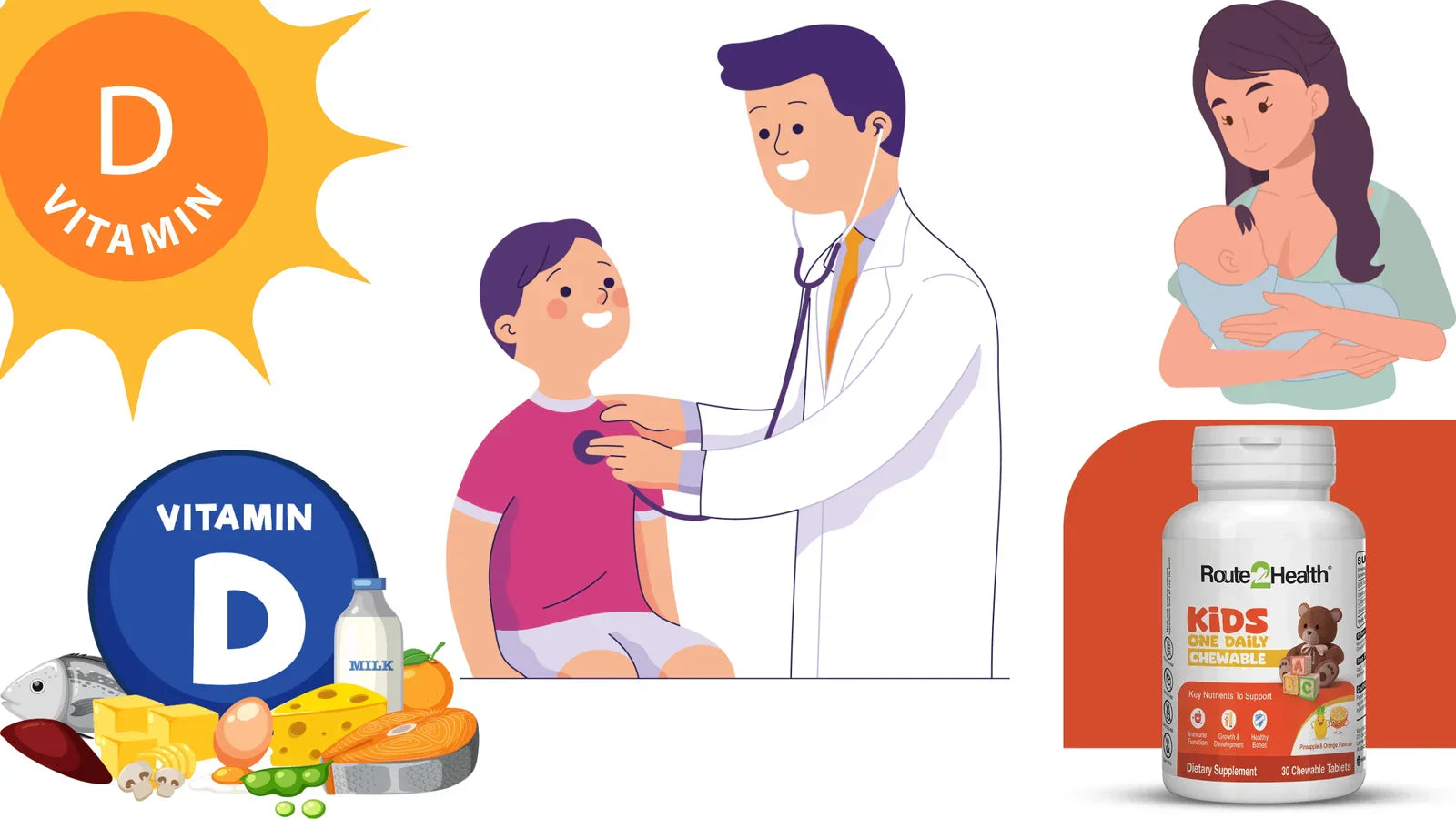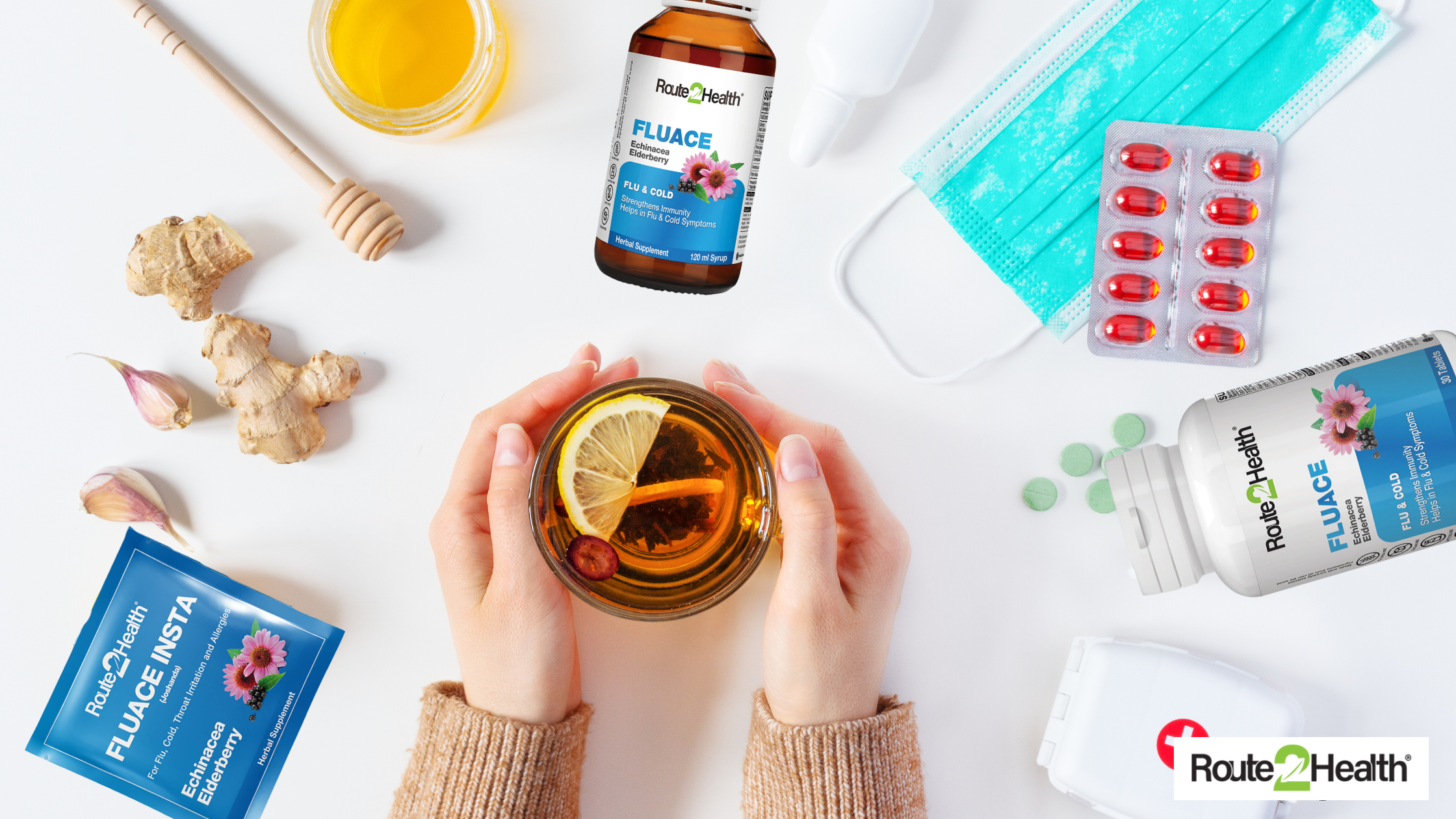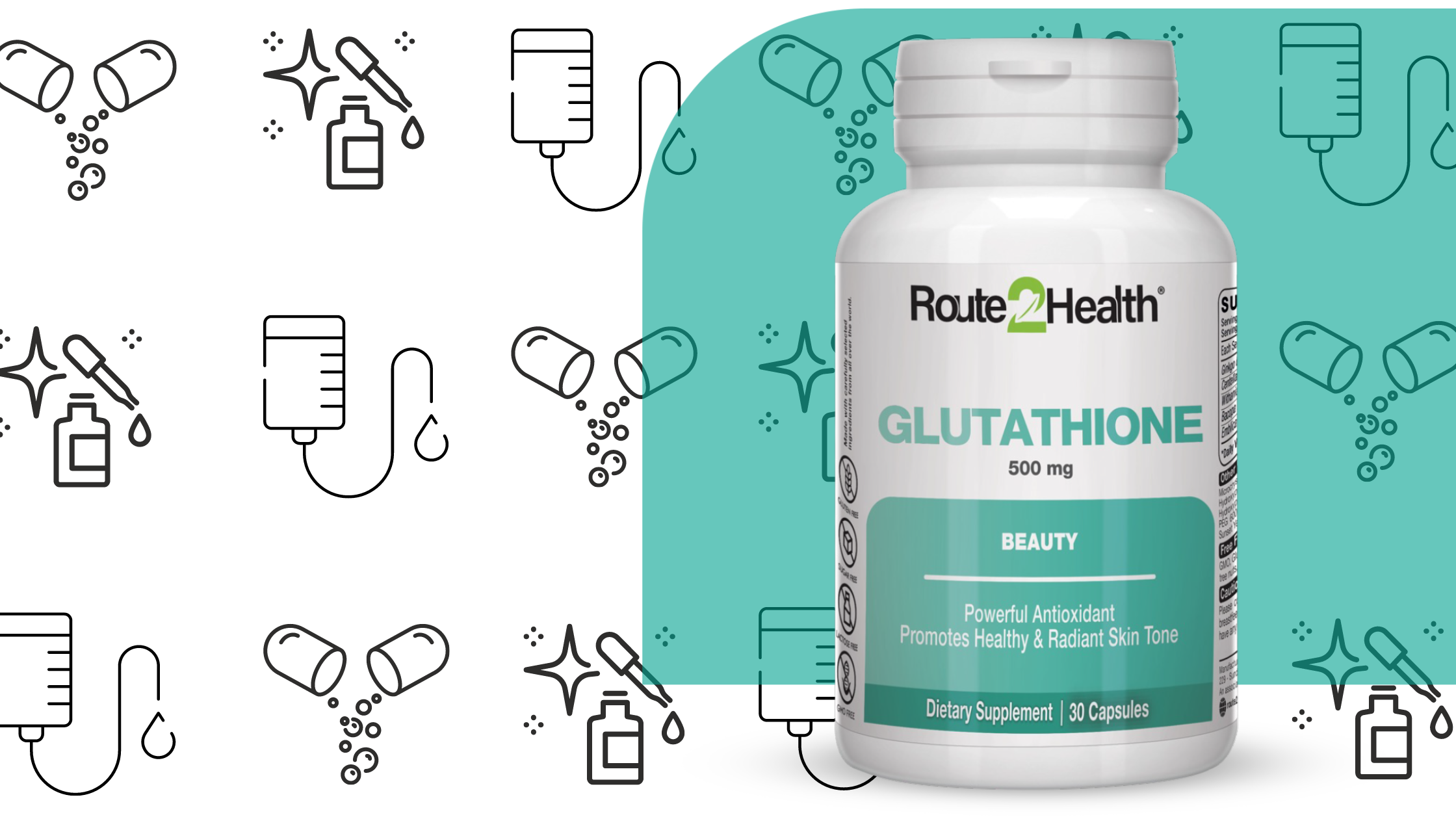
What Is Glutathione Good For? Unlocking the Power of This Master Antioxidant
What comes to your mind when you hear the word “Glutathione”? Skin whitening, right? Well, that is what it is usually used for. But is that all it should be used for? No. Glutathione offers benefits that exacerbate skin whitening. So, let's explore what is glutathione good for and what it must be used for.
What is Glutathione?
Glutathione, often dubbed the “master antioxidant,” is crucial for maintaining health. It is a tripeptide, a molecule composed of three amino acids: cysteine, glycine, and glutamate. Produced naturally by the liver, this powerful antioxidant is found in every cell of your body. It acts as a shield, protecting cells from damage caused by harmful free radicals. These unstable molecules can contribute to premature ageing, chronic diseases, and a weakened immune system.
Learn The Common Uses Of Glutathione.
This blog will delve into the myriad uses of glutathione, letting you know what is glutathione good for.
What is Glutathione Good For?
1. Skin Whitening and Health
Glutathione is mostly known for its skin-whitening effects. Glutathione is a darling of the beauty industry for its potential skin benefits. It helps protect the skin from damage caused by UV radiation, pollution, and other environmental stressors. Research shows that it works by inhibiting the production of melanin, the pigment responsible for skin colour. This property has made it a popular ingredient in many skin-lightening products. Additionally, it plays a role in collagen production, contributing to skin elasticity and reducing the appearance of fine lines and wrinkles. Moreover, its antioxidant properties help in reducing skin pigmentation, scars, and age spots, leading to healthier and more radiant skin.
Learn More About The Role Of Glutathione in Skin Health.
2. Detoxification and Liver Health
One of the primary uses of glutathione is in detoxification. It helps neutralise harmful substances, including pollutants, heavy metals, and medications, aiding the liver in its cleansing process. The liver, the body's main detoxifying organ, relies heavily on glutathione to neutralise toxins. Research shows that glutathione attaches to harmful substances in the liver, transforming them into water-soluble compounds that can be excreted from the body. A study published in the Yale Journal of Biology and Medicine highlights glutathione's crucial role in reducing liver damage caused by toxins.
3. Immune System Support
Glutathione plays a pivotal role in maintaining a robust immune system. A robust immune system is essential for warding off infections. It enhances the function of immune cells, including T-cells and natural killer cells, which are vital for a strong immune response. It helps in the production of antibodies and protects cells from oxidative stress, enhancing the body's defence mechanisms. Studies indicate that adequate levels of glutathione can improve the immune response and may help in the prevention of infections and diseases.
4. Brain Function
The brain is particularly susceptible to oxidative damage. Glutathione acts as a neuroprotector, safeguarding brain cells from free radicals. It also supports cognitive function and may play a role in preventing neurodegenerative diseases. While research is ongoing, preliminary studies suggest that glutathione supplementation could be beneficial for brain health.
5. Anti-Ageing Properties
Ageing is an inevitable process, but glutathione can help mitigate some of its effects. As an antioxidant, glutathione combats free radicals and oxidative stress, which are major contributors to ageing and cellular damage. Higher levels of glutathione have been linked to increased longevity and reduced signs of ageing, such as wrinkles and age spots.
6. Enhancing Athletic Performance
Athletes and fitness enthusiasts may benefit from glutathione supplementation as it can enhance athletic performance. By reducing oxidative stress and inflammation, glutathione can improve recovery times, reduce muscle fatigue, and enhance overall endurance and strength.
7. Cardiovascular Health
Glutathione also plays a role in cardiovascular health. It helps in reducing oxidative stress, which is a significant factor in heart disease. By lowering the levels of oxidised fats in the bloodstream, glutathione can reduce the risk of atherosclerosis and other cardiovascular conditions.
8. Cellular Health and Repair
At the cellular level, glutathione is crucial for DNA synthesis and repair. It helps in the proper functioning of enzymes and proteins that are vital for cell health and repair. This function is particularly important for the prevention of diseases related to cellular damage, such as cancer.
Conclusion
So what is glutathione good for? Glutathione is an indispensable antioxidant that offers a multitude of health benefits. From detoxification and immune support to anti-ageing and cognitive health, what glutathione is used for spans a broad spectrum. Its ability to combat oxidative stress and support cellular health makes it a valuable supplement for overall well-being.
If you’re looking to enhance your health and unlock the benefits of glutathione, consider trying Route2Health’s Glutathione, one of the best glutathione tablets in Pakistan. With its high potency and quality, it can support your body’s natural processes and improve your overall health.
FAQs
1. What is glutathione?
Glutathione is a powerful antioxidant produced naturally by the body. It helps protect cells from damage, supports the immune system, and aids in detoxification.
2. What are the benefits of glutathione?
Glutathione offers a wide range of benefits, including improved skin health, boosted immune function, enhanced detoxification, and potential brain protection.
3. How can I increase my glutathione levels?
You can increase your glutathione levels by eating glutathione-rich foods, taking supplements, managing stress, and getting enough sleep.
4. Is glutathione safe to take?
Glutathione is generally considered safe when taken in recommended doses. However, it's always best to consult with a healthcare professional before starting any new supplement.
5. What are the side effects of glutathione?
Some people may experience mild side effects from taking glutathione supplements, such as nausea, headache, or dizziness. If you experience any severe side effects, stop taking the supplement and consult a doctor.






















































